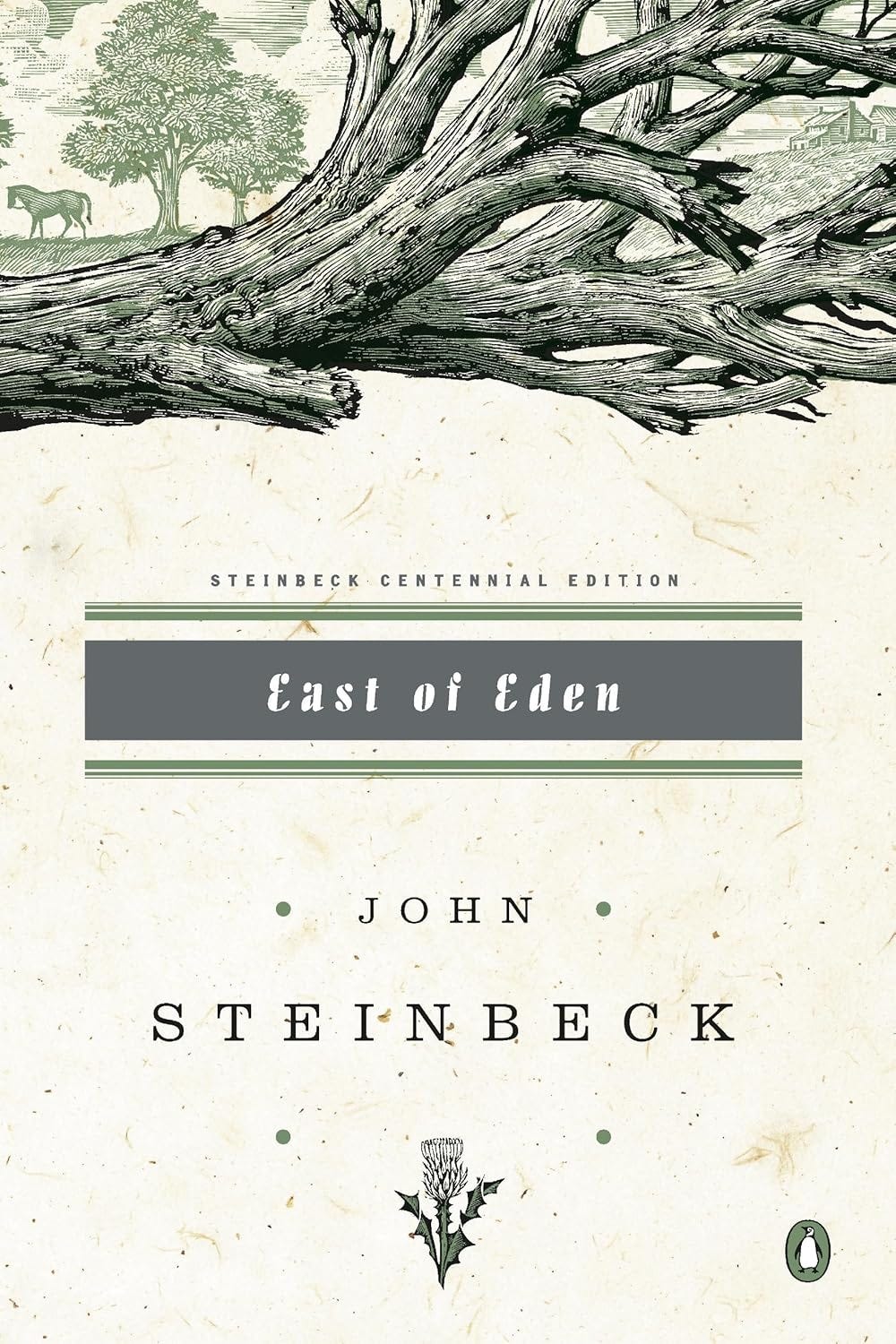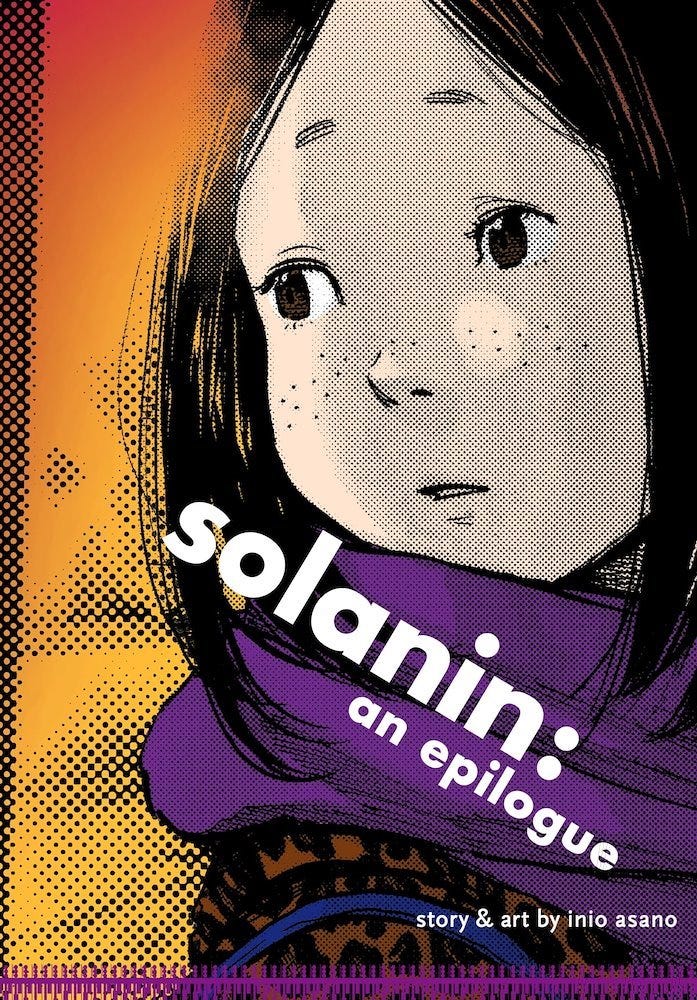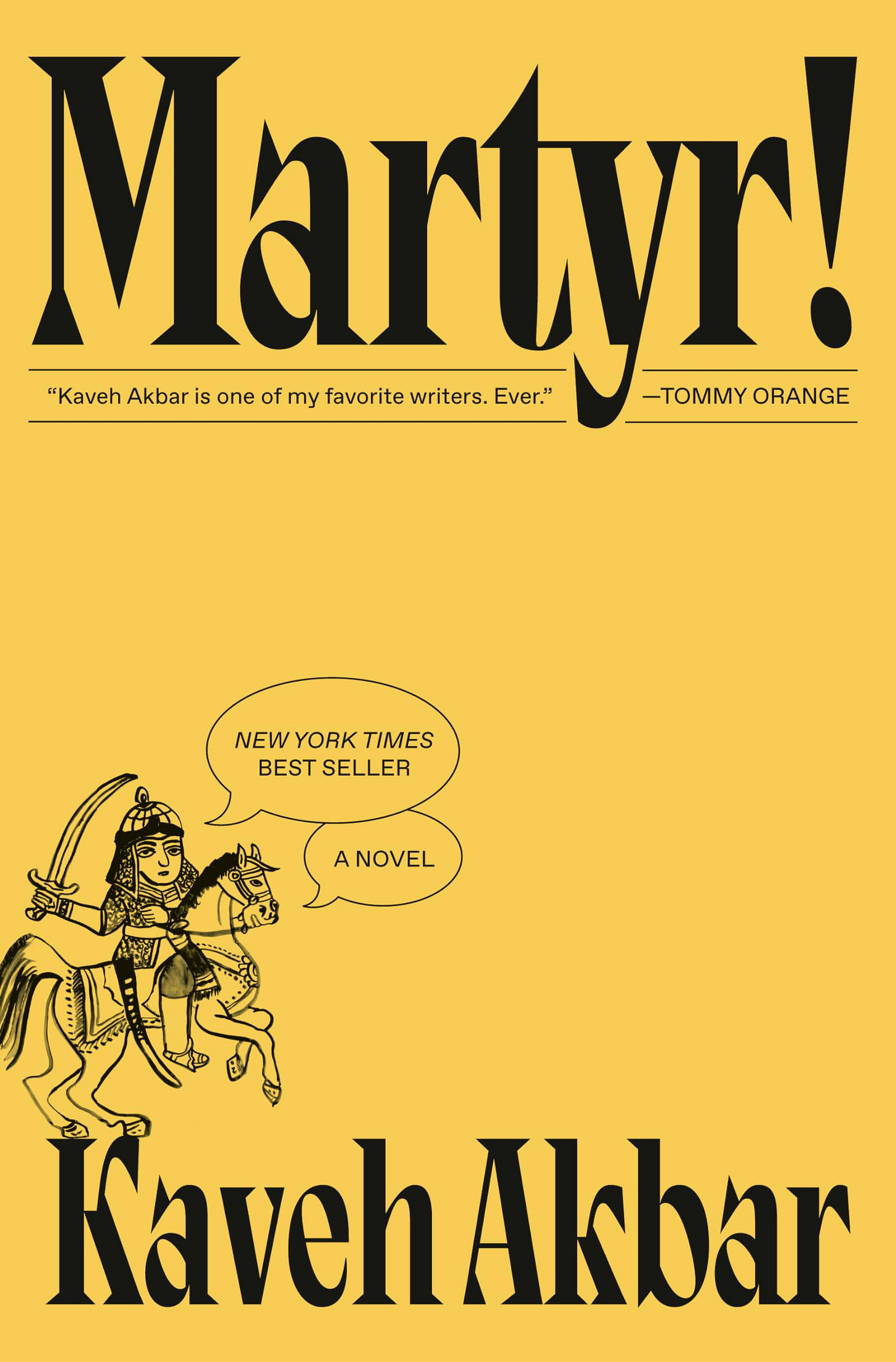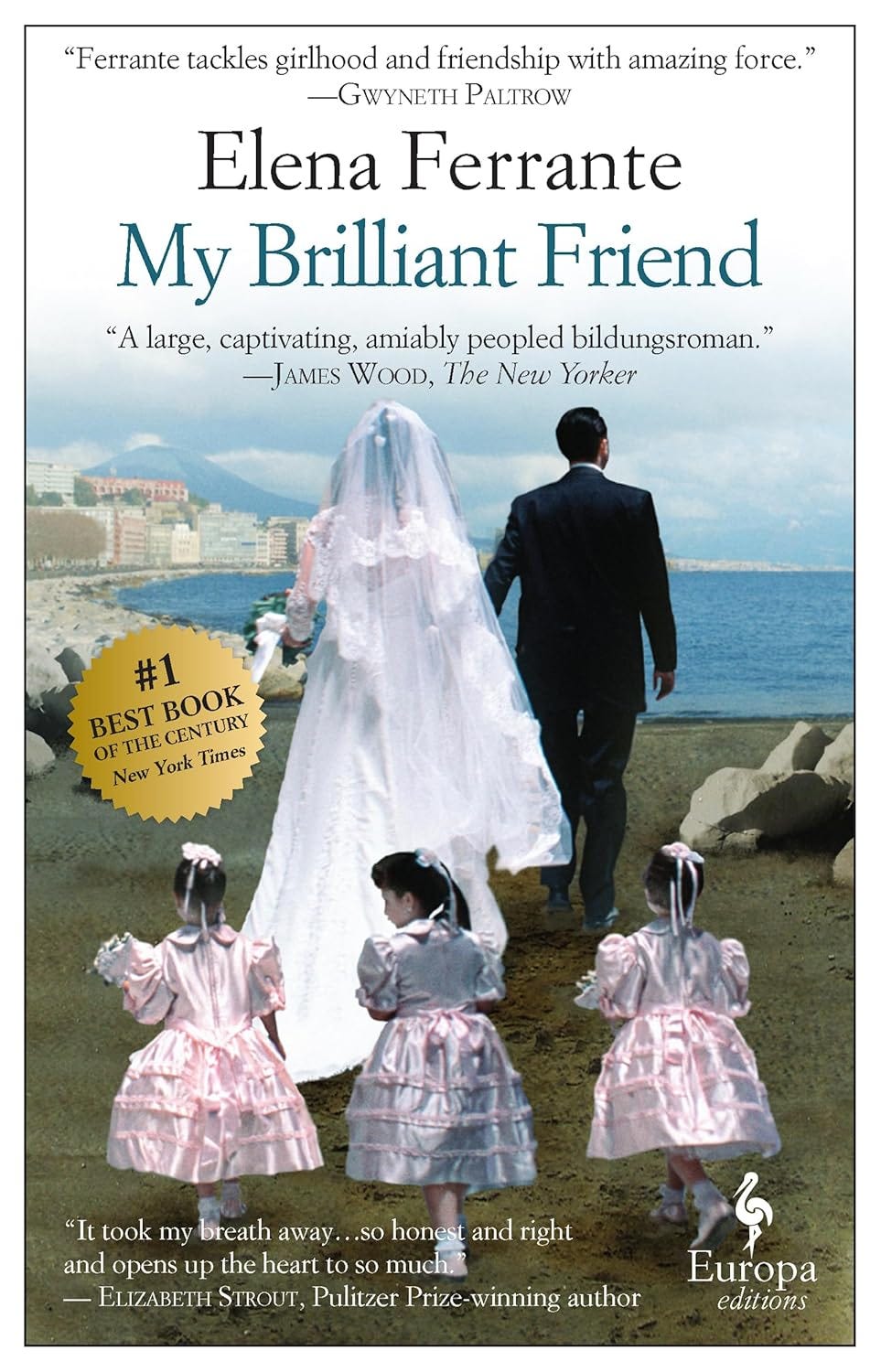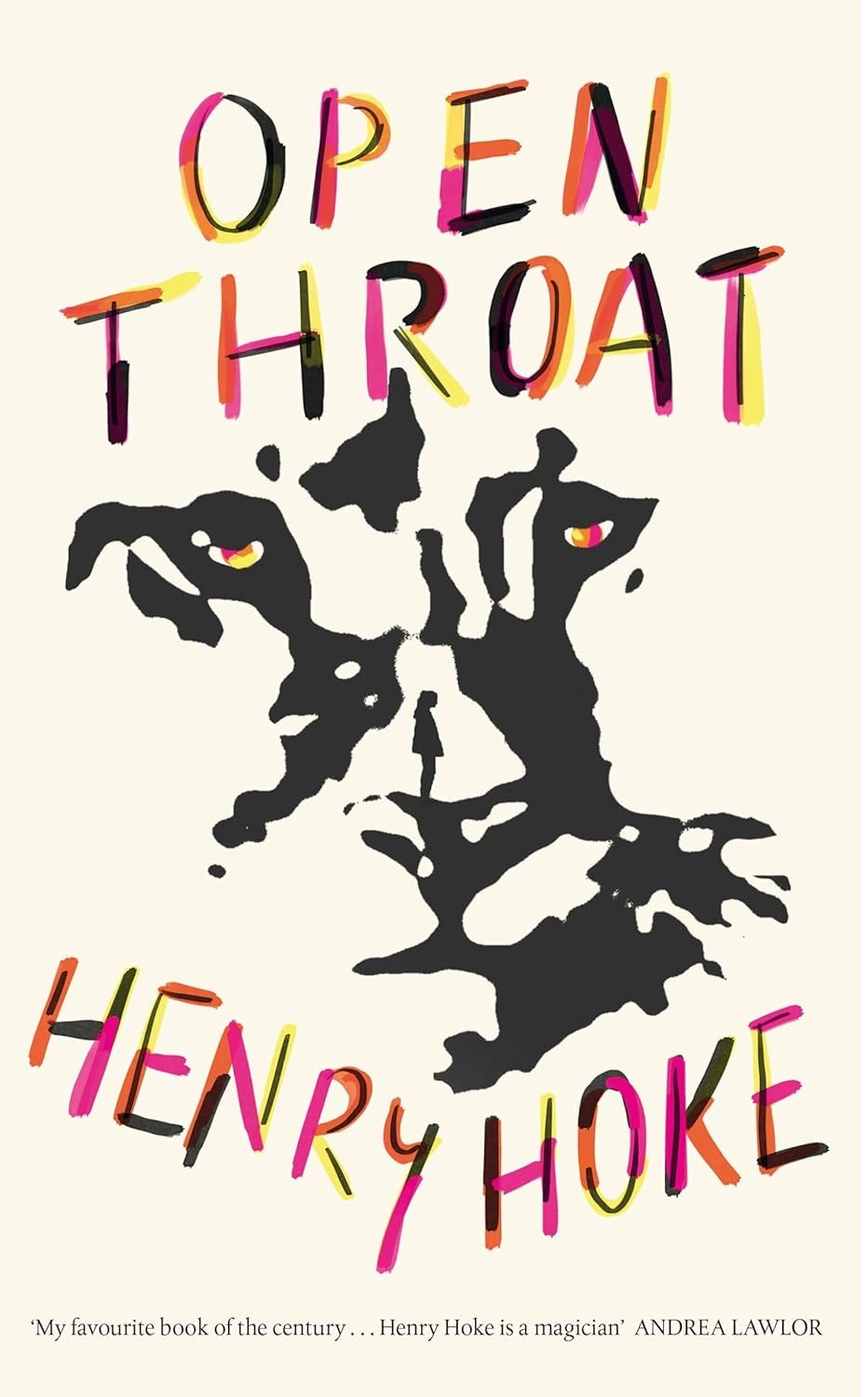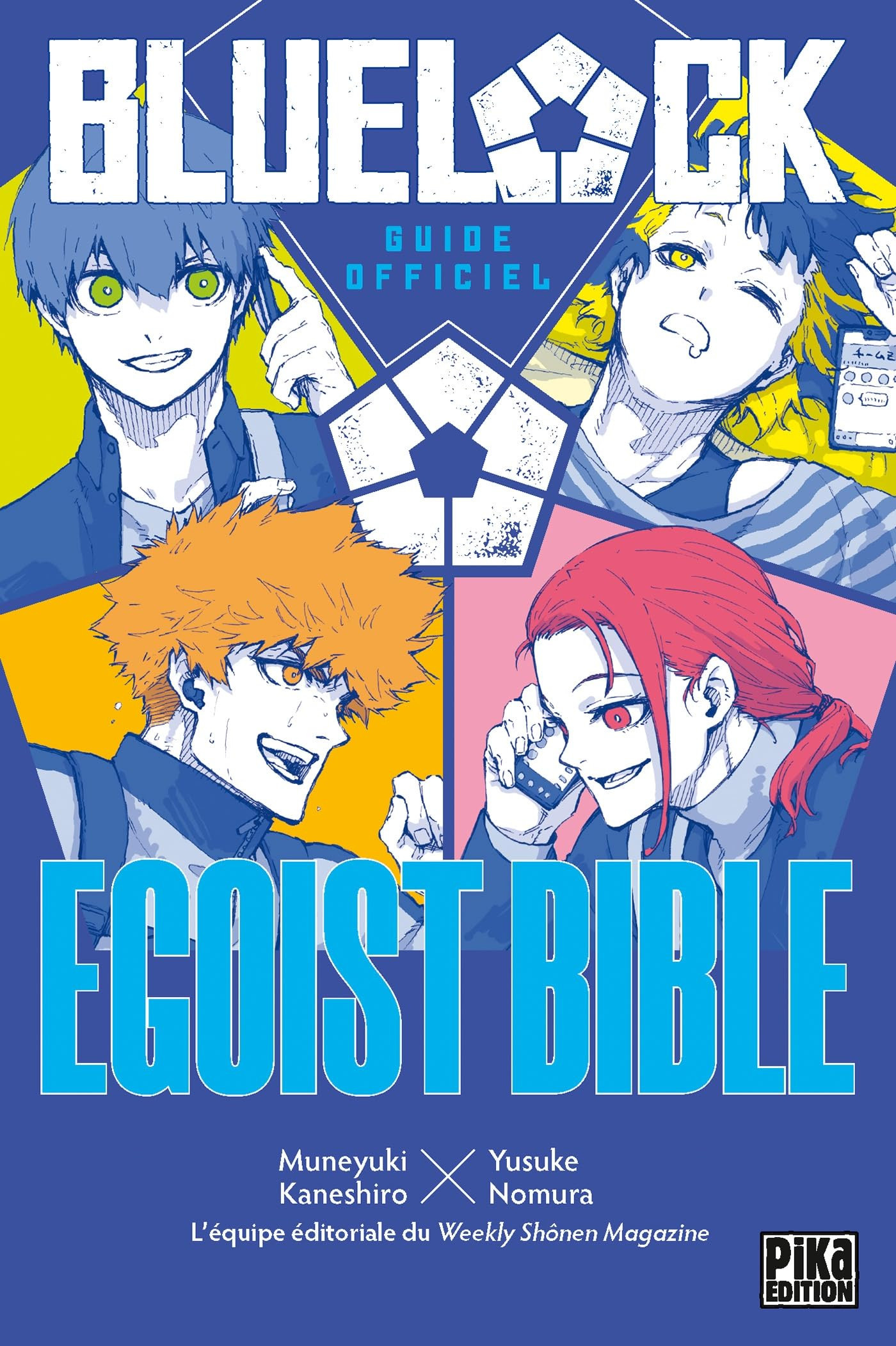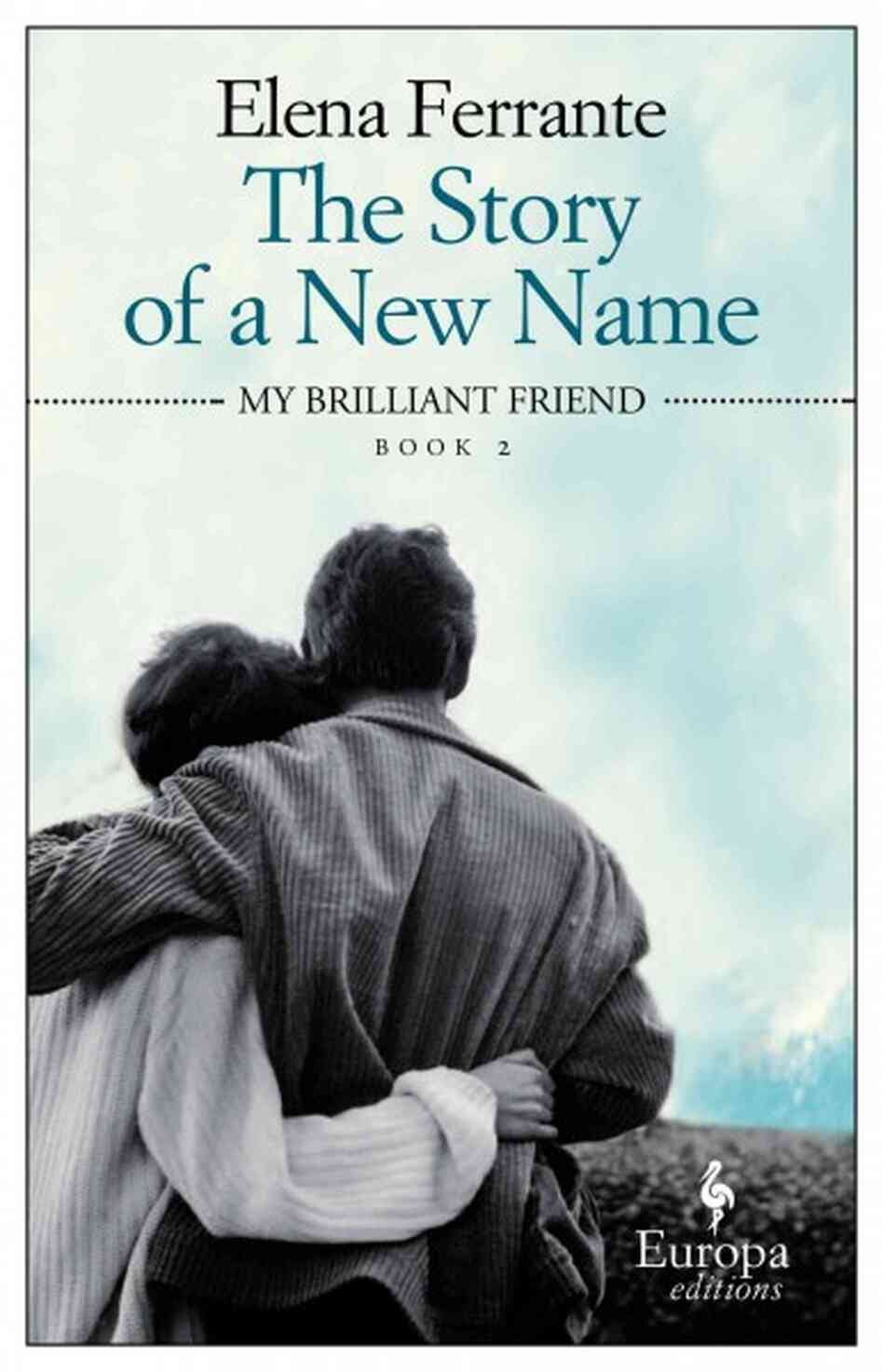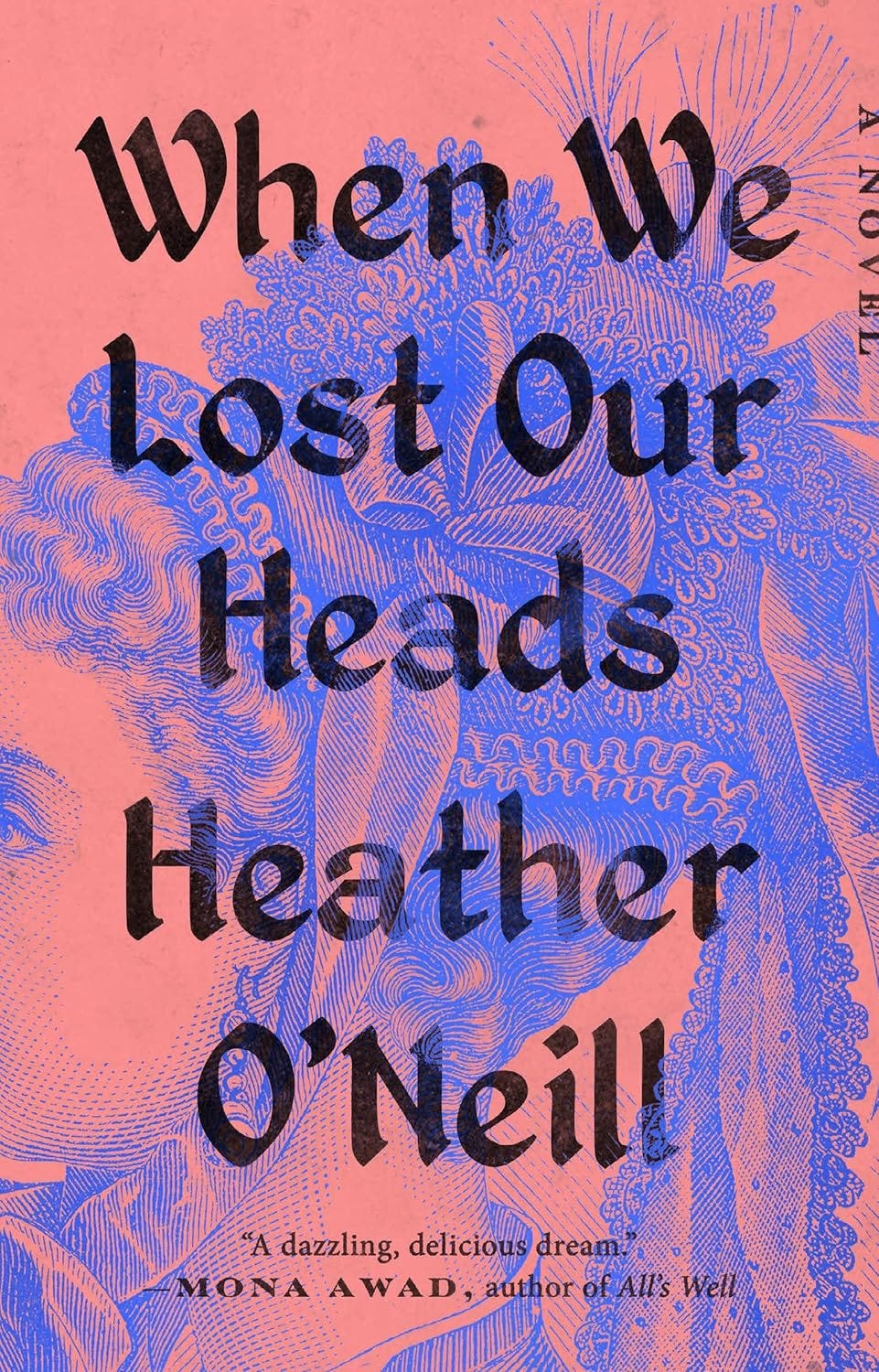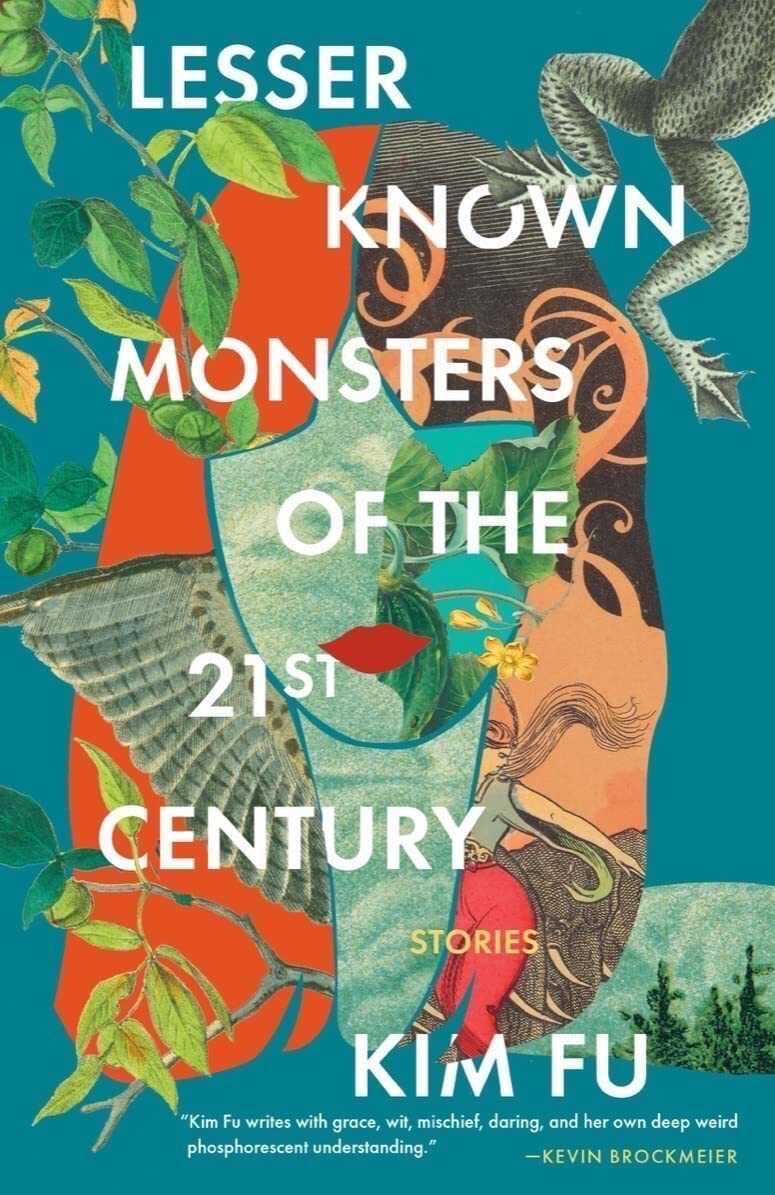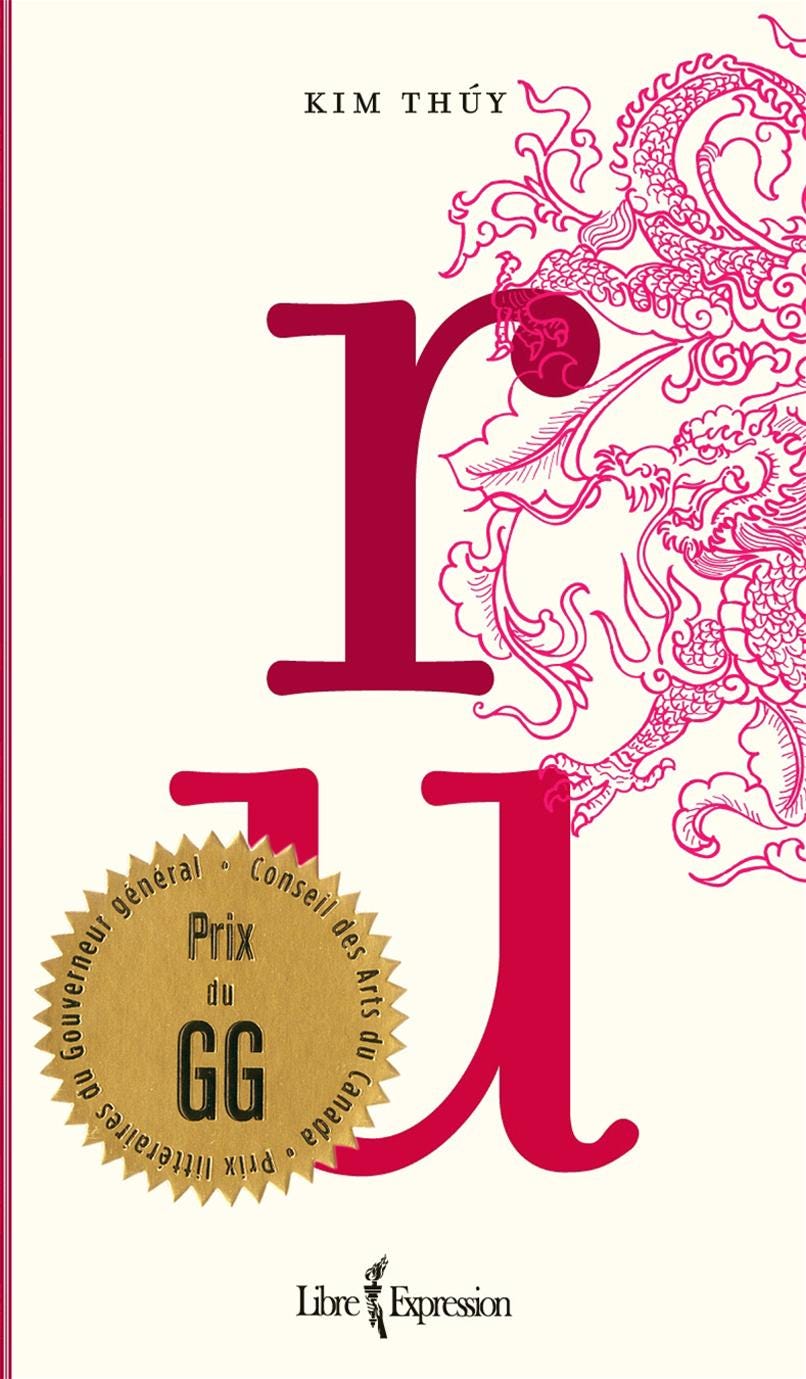I did some homework when I was away during the tail end of May, but mostly I started quite a few books unrelated to schoolwork— there’s something about being away from home that makes leisure reading feel more luxurious and academic reading more lackluster than ever. If you’re reading this, I probably have my monthly Tiktok up, but I’m really enjoying writing longer reviews even though they reach a smaller audience (^人^)
East of Eden — John Steinbeck
I did go back and revisit a few passages on paper, but mostly I listened to huge chunks of this audiobook 1) during a noisy, crowded early morning train ride 2) while getting extremely lost in Quebec City one sunny afternoon in late May, wandering dazedly through what felt like eighty different residential neighbourhoods in search of shade and supper. This is all to admit that I did not always give it my full attention, the way I would have done with a physical book in my hands, even though it’s a dense book that demands some concentration. People typically describe this story as a grand, sweeping retelling of the story of Cain and Abel— a tale of two brothers— but it’s more like a very long series of family anecdotes, each one loosely connected to the others through lineage and coincidence and the Salinas Valley. Cal and Aron, the brothers most people take to be the main characters of the book, don’t really appear until the novel is nearing its end. The book is meandering, weirdly paced, and very scattered. Some of it is a little heavy-handed and self-important. Reading it felt like eating at a buffet— a rich, expansive, never-ending meal made up of a bunch of small servings of a million different dishes that sometimes clash and sometimes feel redundant.
But still, what a meal! Steinbeck can really, really spin a yarn. He loves a good anecdote, a good tangent, a rambling philosophical dialogue. I felt connected to so many minor characters who only appeared for a chapter or two. There were passages and scenes that blew me away with their clarity, their depth of observation. He’s very skilled at describing a character’s inner thoughts and feelings, and for every sentence that felt preachy and on-the-nose there were twenty that were incredibly true and beautiful. I was especially surprised by Lee, a Chinese servant who becomes one of the most prominent characters in our very large cast. His character has aged poorly in some predictable ways— the conveniently all-knowing mystic, the loving servant who is happy to serve— and really well in less predictable ways, slyly playing on racial caricatures and mocking the Americans who underestimate him. The audiobook narration was also excellent. This was my first Steinbeck novel, but I guess I’ll finally get around to reading The Grapes of Wrath soon, and maybe The Pearl after that.
Solanin: An Epilogue — Inio Asano
I reread Solanin last month, but only recently found out the author had released a short epilogue over a decade after completing the original story. This is a short oneshot that takes place ten years or so after the end of Solanin, about a still-ordinary Mieko in her thirties. It’s good; the story feels complete on its own, but the epilogue doesn’t feel totally superfluous either, and it’s nice to see Inio Asano revisit these characters with a more refined, mature style. I read this on the train between stretches of East of Eden, when the pressure from my headphones started hurting my ears.
Martyr! — Kaveh Akbar
I’ve been meaning to read this forever, but the line at the library is so long! I woke up early on the last day of May while crashing at a friend’s apartment in Montreal, and had swiped this brand-new copy from her bookshelf the night before, unable to resist the fresh pages and familiar cover. I cracked it open at 6 A.M. and was spellbound for the rest of the morning. I finished reading it in ebook form as soon as I got home. The writing is so magnetic and punchy— dense with feeling, but extremely readable— that it feels like it’s gripping you tightly, holding you in place. I couldn’t put it down.
Cyrus Shams, a suicidal, orphaned and newly sober Iranian-American poet, becomes obsessed with historical martyrs and the theme of martyrdom. He’s selfish, messy, and very sympathetic at the same time, the way real people are; he takes others for granted and marvels at their grace, wallows in self-pity and achieves moments of beautiful, genius clarity. He begins working on a writing project about martyrs, and travels to New York City to speak with a dying artist— living out her last days in a gallery, as one last performance piece— about death, art, and his past and identity. The ending is a little too Dickensian and perfect in its serendipity for me, but the prose is still great and I can see it working for readers who love miracles and coincidences. The beginning and middle are electrifying. I loved all the different points of view, the chapters about Cyrus’s family and friends, the excerpts from news reports and folk tales, and especially the dream dialogues.
My Brilliant Friend — Elena Ferrante
I’ve been putting off reading this for years now, mostly because I found a French translation of this first volume at the thrift store a long time ago and convinced myself a romance language translation would be closer to the original Italian, so I really should read the whole series in French rather than English— and then I added it to the French Book Stack Of Shame on my shelf and never touched it again. I finally gave myself permission to just read it in English already, and I loved listening to the audiobook this month. It was intense! Elena and Lila’s rivalry/friendship is so all-encompassing, so absorbing and fraught— some of these descriptions of envy especially were so raw and realistic they made me squirm in uncomfortable recognition. Ferrante’s prose is blunt and naturalistic, depicting the drudgery and violence these girls experienced growing up in post-war Naples in the same simple tone she uses to describe their small happinesses. I understand why this didn’t work for other people (none of my friends who read this in the past ever went on to finish the series)—the almost unrelenting small-town misery, the chauvinism and machismo and the endless fighting and abuse, the bizarre friendship at the core of the book that feels more mean-spirited than heartwarming. But I was captivated, and couldn’t wait for the rest of my audiobook holds to come in.
Open Throat — Henry Hoke
I regret listening to the audiobook rather than waiting for a physical library hold. This is a short novel told from the perspective of a mountain lion living beneath the Hollywood sign in Los Angeles., and it’s written with some charmingly offbeat syntax and spelling (apparently “scarcity” becomes “scare city”, L.A. becomes “ellay”, and so on) that’s largely lost in audio. A strange little novel that requires you to really suspend your disbelief, about L.A. culture, climate change, modernity, and the human/animal divide. It didn’t fully work for me— I wasn’t sure how to feel about this being so emphatically publicized as a queer book about a queer lion (I guess the way the lion interacts with humans and is gendered by the people it encounters…?) and the fever dream of a second act about being adopted by a teenage witch and going to Disneyland felt tedious and muddled. It’s a quick read, with some really witty, arresting lines I’m sure I would have enjoyed even more in print, but didn’t add up to a satisfying whole to me.
Blue Lock Guide Officiel — Muneyuki Kaneshiro, Yusuke Nomura
I have nothing to say for myself!!! It’s not lost on me that while I’ve started quite a few excellent French novels in 2025, I’ve been reading them slowly on and off, so the first French book I actually finished (my extremely modest resolution for this year was to finish at least one) ended up being… The Egotist Bible vol.1… I mentioned in April that I was scrounging around the internet for fan translations in English (this is niche enough that no library nearby has it), and I did read a lot of bits and pieces scattered across various forums, but last month I found a French version online and ended up reading the entire book in full over the next few weeks. I skimmed the pages recapping the premise and plot of the manga, since I read it recently enough that it was still fresh in my mind, but I was totally, embarrassingly charmed by the character trivia and slice-of-life details (the ranking games, movie/food/music preferences, day-in-the-life descriptions, etc. I actually started listening to King Gnu because of Rin). I also liked the interview with the writer and artist, and getting to see the behind-the-scenes storyboards and concept art.
The Story of a New Name — Elena Ferrante
I’d read the whole series in one go and review it all as one work if I could (the way I review manga series, which I tend to binge-read), but I’m beholden to the public library audiobook hold system and have to wait for each book to come in separately. This volume and the last both left off on cliffhangers that made me despair. Elena and Lila grow into young women. Adulthood, distance, domestic abuse, convoluted love affairs, and a miserable beach vacation that lasts what feels like twenty years all conspire to make their relationship even more fraught and turbulent. If the first book contained descriptions of girlish envy so raw they made me squirm with uncomfortable recognition, this one contains the best descriptions I’ve ever read of the way it feels to be very young and inexperienced, attempting to be intelligent and politically aware and know and say all the right things while feeling unbearably stupid. The way Elena simultaneously underestimates her own intelligence while grasping at lofty concepts she feels are unrelated to her narrow experience, the way she makes grand speeches to feel included in academic conversations and then feels ashamed by her own ignorance… oh, the humiliation of being dully, shallowly “booksmart” and feeling the limits of your own pretension! And Lila just breaks my heart.
When We Lost Our Heads — Heather O’Neill
I wanted to read more Quebec novels during my trip, and a French translation of this one was also in my Montreal friend’s very chic to-read book stash; I accepted the recommendation eagerly since I remembered enjoying O’Neill’s Lullabies For Little Criminals many years ago. I listened to half of the audiobook after finishing Martyr!, paused it for a while, and then eventually got fed up with the overly enthusiastic narration and speed-read the second half in ebook form.
This book frustrated me the same way Mona Awad’s Bunny did. A fun premise— it’s about a very…Tumblr Girl ™ princess/goth homoerotic friendship set during the industrial revolution in Montreal, and it’s about women’s rights, class anger, sordid sapphic pornography, and the French revolution (indirectly? The names are very unsubtle references). The first third or so about our two leads’ childhood friendship was propulsive and lushly detailed, but the writing style started to wear on me after they were separated— repetitively structured, cloyingly precious, filled with too many excessive flourishes. I started to roll my eyes when I heard the phrase “it was as though…” knowing some contrived, overlong simile was about to follow. As adults, the characters felt like dolls— assemblages of tropes and aesthetics, rather than real people, which could have been fun in a fairytale kind of way, but instead made the narrative drag after a few hundred pages of morbid cupcake parties and extremely on-the-nose entry-level feminist soapboxing. I wanted to love it, but I think the style she went with here only ever works for me in small doses.
Lesser Known Monsters of the 21st Century — Kim Fu
A mostly magical realism/sci-fi collection that was full of hits and misses. The opening story, Pre-Simulation Consultation XF007867, was entirely made up of dialogue and was an absolute pleasure to listen to in audiobook form, but from there the quality felt a lot less consistent. Sometimes the ambiguity felt contrived, overly opaque; the ordinary human relationships and feelings were written compellingly, and then the one supernatural quirk of the story would feel oddly tacked-on (in June Bugs, for instance, I found the bugs a lot less interesting than the abusive boyfriend the bugs represented). I also think the audiobook format stopped working as well for me after the first story, and I noticed my mind wandering often when I listened to this book while doing other tasks. I liked Twenty Hours quite a bit. I liked the way childhood, that sort of awkward on-the-cusp girlhood in particular, was written in Liddy, First to Fly.
Ru — Kim Thuy
Redemption for the Blue Lock guide… I’ve been reading this book in the original French on and off for an embarrassingly long time and finally finished it at the end of June. I think I would have easily devoured it in an afternoon if I’d read the English translation, but the slower pace (forced onto me by my own lack of skill and nonstop reaching for the dictionary) wasn’t bad either; it’s a very meditative, slow-moving memoir about the author’s upper-class childhood in Vietnam, her family’s escape to Quebec with many other “boat people” following the war, and the acquisition of a new identity and language as she grew up in Montreal. The book is a series of short, non-linear vignettes, each one only a page or two in length (which made it easy to put down for long stretches and pick back up again), but they flow into one another seamlessly in a stream-of-consciousness way that made total sense to me. Her prose is smooth and strong, elegant without feeling fussy. The book gave me a lot of new insights into an under-discussed dimension of Asian Canadian history.
I liked using my sign-off last month to talk about what I was only kind-of reading (I’ve since dropped Ushijima for the time being, and I’m still following Blue Lock + Episode: Nagi as new chapters release). So this month I’ll mention that I’ve been browsing various passages from the Shanameh, the Book of Kings. I had never heard of the poet Ferdowsi before reading Martyr!— I thought his legend was a complete invention, and was delighted to find that his 50,000 couplets were real, that his life’s work had survived and become one of the most famous and influential works of epic poetry in the world. Please let me know if you have a favourite English translation or adaptation, or even a favourite illustration, tapestry, etc… if not, see you in July <3




